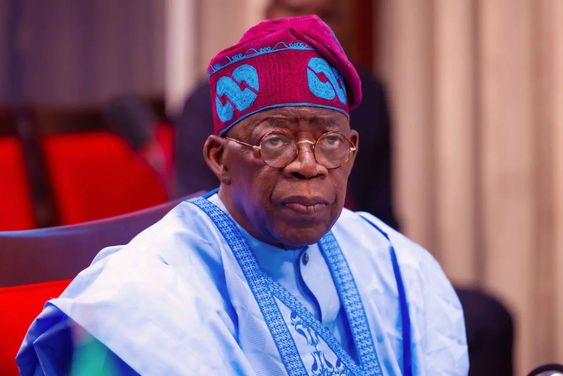Business
Tinubu remains silent amidst Nigerian’s struggle with exorbitant electricity tariff increase

The recent surge in electricity tariffs across Nigeria has sparked widespread outrage and discontent among citizens, yet one prominent political figure remains conspicuously silent: Bola Ahmed Tinubu.
As Nigerians grapple with the burden of exorbitant electricity bills, many have turned their gaze towards Tinubu, a key figure in the country’s political landscape, for a response or intervention.
The decision by electricity distribution companies (DisCos) to implement steep tariff hikes has left many Nigerians reeling, especially amidst the backdrop of economic challenges, inflationary pressures, and the lingering effects of the COVID-19 pandemic.
With household budgets stretched thin and businesses struggling to stay afloat, the sudden spike in electricity costs has further exacerbated the plight of ordinary citizens.
Read Also: Deputy Speaker, Kalu, to intervene in electricity tariff increase
Despite the widespread outcry and calls for action, Bola Ahmed Tinubu, a prominent leader within Nigeria’s ruling All Progressives Congress (APC) party, has opted to remain silent on the issue.
Tinubu’s silence has raised eyebrows and invited speculation about his stance on the matter, particularly given his influential position within the APC and his purported presidential aspirations.
Many Nigerians had looked to Tinubu, often regarded as a political heavyweight and potential presidential contender, to lend his voice to the plight of the masses and advocate for their interests.
However, his continued silence has left some questioning his commitment to the welfare of ordinary Nigerians and his suitability for higher office.
In contrast, other political figures and civil society organizations have taken a vocal stand against the electricity tariff hikes, condemning the move as insensitive and unjustifiable.
Calls for the government to intervene and reverse the tariff increases have grown louder, with many urging policymakers to prioritize the interests of the people and ensure affordable access to essential services like electricity.
The absence of Tinubu’s voice in this debate has not gone unnoticed, with critics questioning whether his silence reflects a lack of empathy for the suffering of ordinary Nigerians or a calculated political strategy aimed at avoiding controversy.
Some speculate that Tinubu may be reluctant to alienate potential allies within the government or the private sector by openly opposing the tariff hikes.
However, others argue that Tinubu’s silence may be strategic, as he bides his time and assesses the political landscape before making a decisive move.
With the 2023 presidential elections on the horizon, Tinubu’s response to issues like the electricity tariff hikes could shape public perceptions of his leadership credentials and influence his electoral prospects.
As Nigerians continue to grapple with the fallout from the electricity tariff hikes, the question of Tinubu’s silence looms large.
Whether he chooses to break his silence and address the concerns of the people or maintain his current stance of quietude remains to be seen.
In the meantime, Nigerians await a response from their leaders and hope for relief from the burden of exorbitant electricity bills.
